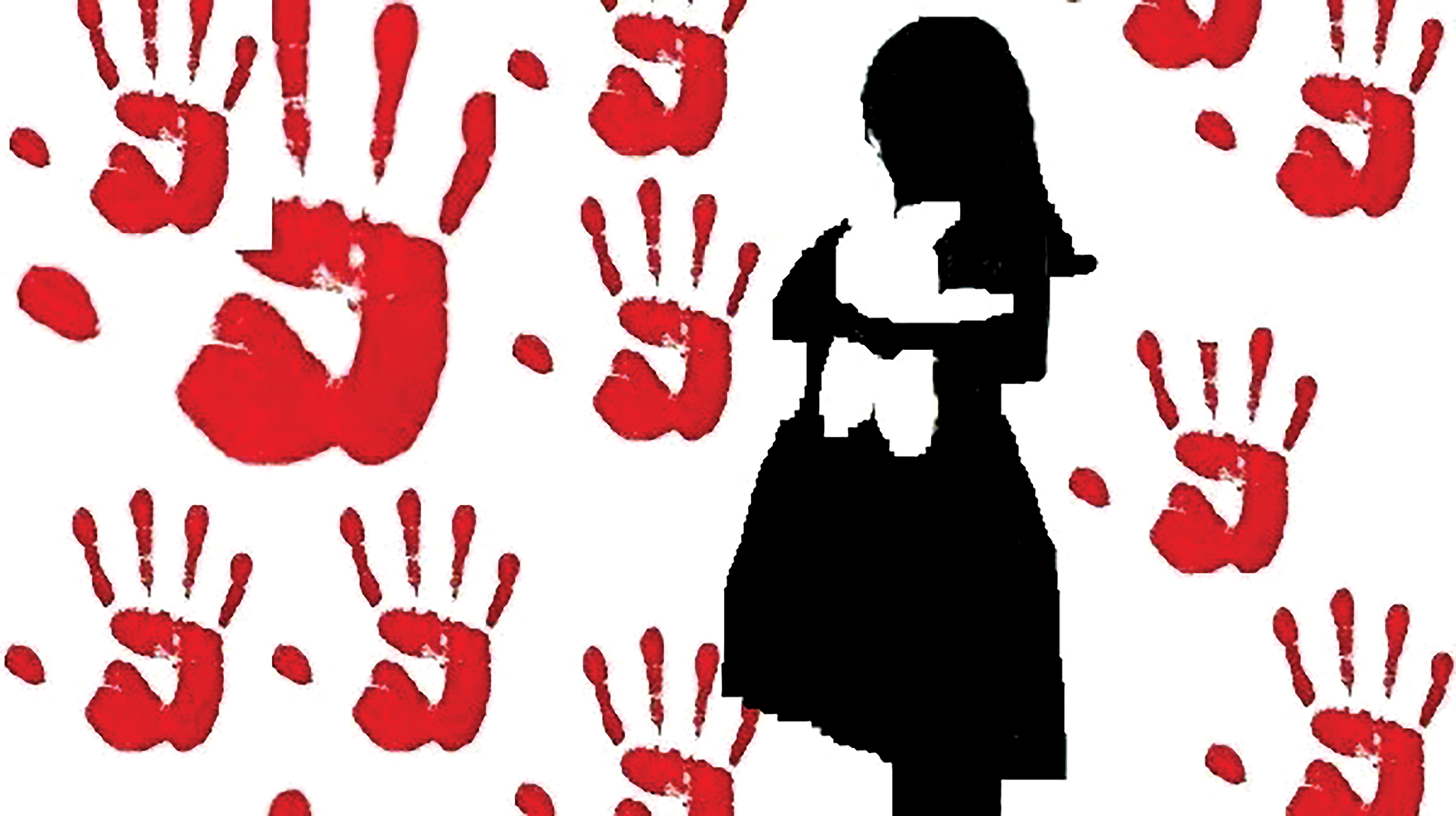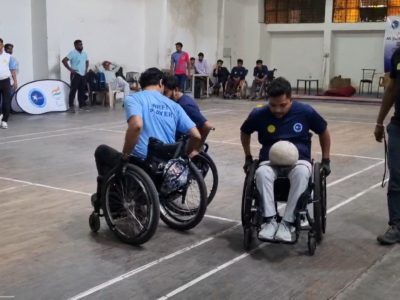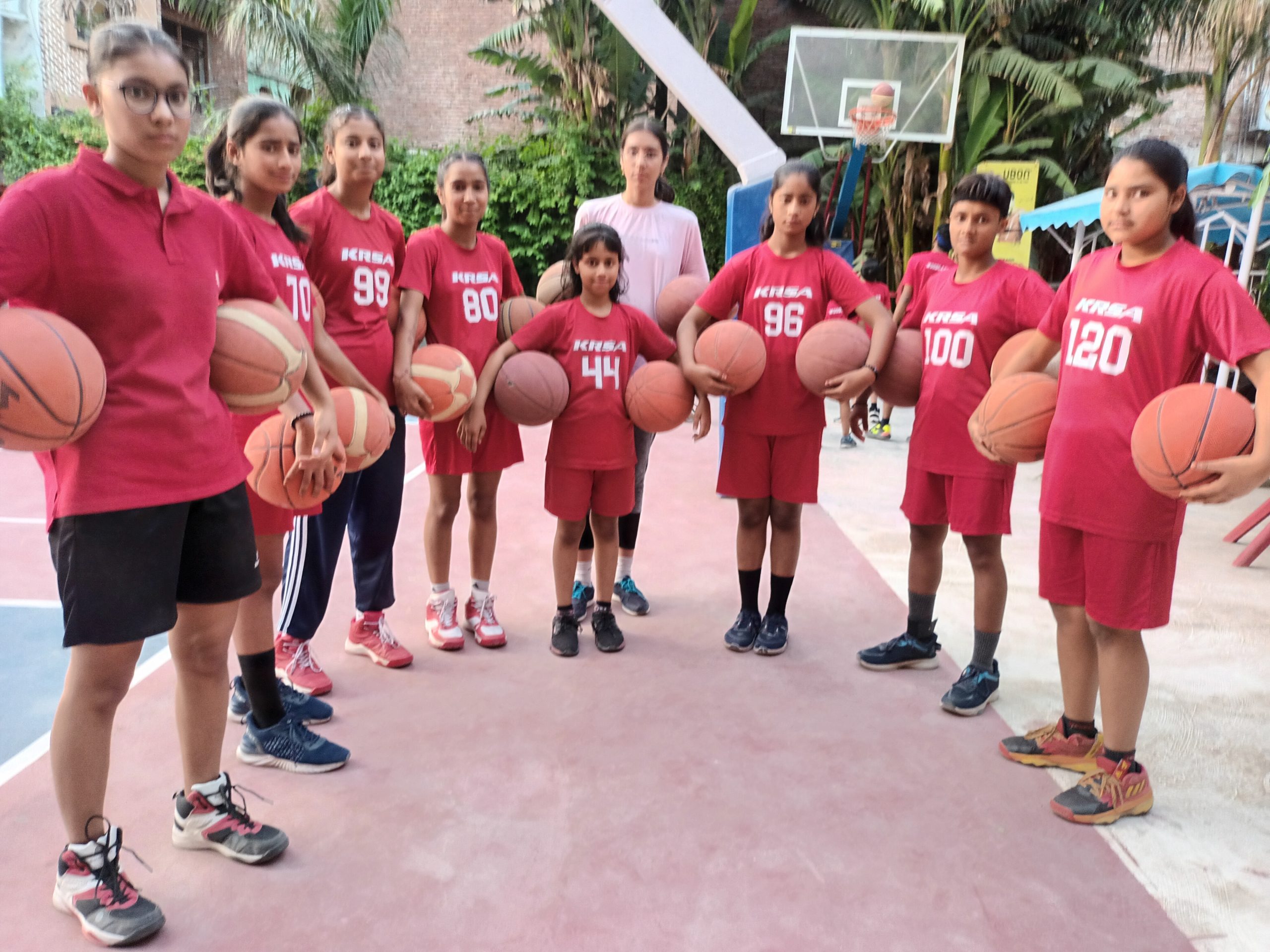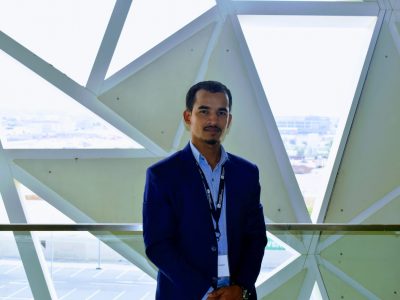When it comes to women’s safety, India has failed time and again
IN GEORGETOWN University’s 2019 Women peace and security index, India ranks 133rd among 167 countries in the world – lower than the likes of Saudi Arabia, Zambia and the UAE. This is really a telling statistic that proves the tag of India being an unsafe country for women.
I had heard and read about all these cases, and I empathized with them, but recently I came across two such incidents that showed me how deep-rooted the problem is in our Indian society.
During my two years of reporting, I have visited AIIMS twice, but the experience I had this time was something quite overwhelming. I had contacted an NGO for my story on crime in Delhi. I needed a few case studies on crime against women. My source asked me to come and meet at the burn ward of AIIMS, and from there we would go to a rape survivor’s house nearby.
When I reached AIIMS and went inside the ward, I found out that she was helping out the family of Shiela (name changed), a woman who was burned by her husband and his family when she couldn’t pay her dowry.
I found this as an opportunity to interview her family so that they can share their experiences with me, and I would add this as a case study on my story. But what I heard from them, it was more than a mere case study.
When I sat down with her parents, they narrated her story, their voice shaking. Shiela always used to top in her class and wished to become a teacher someday. But they married her off because “shaadi ki umar nikal rahi thi uski” (she was getting too old for marriage). And guess what her age was? She was just 21.
Her in-laws and her husband tortured her for days because her father – a peon at a bank – didn’t pay installments of her dowry on time. They beat her up, pushed her down the stairs once and broke her arm. But still, she couldn’t come back to her home, because a daughter returning home from her in-laws would bring their parents shame.
“We sent her back saying that every woman has to adjust, and now our decision has brought us here. It is completely our fault. We should have just cancelled the marriage when they asked for dowry in the first place,” says Shiela’s mother with tears rolling down her cheeks.
Then I was taken inside the burn ward, and there I saw her through a glass. Shiela was lying covered all over her body, and her face and neck were charred. Needles were prickled all over her body and she was wearing an oxygen mask. The sight of her was so horrific, that I wondered how a man, who vowed to protect Shiela for life, could do this to her! I was moved to tears.
Suddenly, I felt a hand clutching my hands. Her father pleaded me to bring her to justice. “Aap toh media se ho, bahut power hota hai appke haath mein” (You are from the media, and you hold a lot of power in your hands). But how could I tell him, that in this case I was absolutely powerless. If only her parents had not married her off in the first place and let her pursue her dreams, this would not have happened.
I feel it was as much her parents’ fault as it was the boy’s. They had so many chances to save her daughter, but their mindset was such that they couldn’t even sense the impending danger.
After this I was taken to an area near AIIMS to meet Malti (name changed), a nurse who was brutally raped in 2018. While she was returning home late from home one day, a car stopped near her and she was picked up and gagged before being raped brutally by three men inside the car.
But when I saw Malti, I didn’t even believe that she was someone who was at the receiving end of such a brutal assault. She seemed confident, and greeted me with a smile, and even offered to make me a cup of tea. She asked me about my job and we were having normal conversations.
I thought that she had moved on from the incident. But that was just a thought of my naïve mind. When she started speaking of the incident, she chokes up, and at one moment became silent for a full two minutes. And then she started crying uncontrollably. She said that she pictured the incident happening to her, and it still brings back nightmares.
But even more than the incident, she says, what hurts her is the fact that people’s attitude towards her seemed to have taken a turn. She says that she was the pride of her family as she was the first person in her entire clan to be associated with the medical profession. “Everyone in my family — my uncles, aunts, cousins all used to brag about me that I work at AIIMS, but then this incident happened. I was surprised that none of them came forward to support me or even console me,” she says. Rather, she adds, they distanced themselves from her and her family.
“It was as if I am the culprit,” she says, adding that she feels like she is now fighting a lone battle. She is still waiting for justice, but has no hope. “If Nirbhaya hasn’t received justice till now, then I don’ know when I will get justice,” she says.
We talk about women empowerment. We are a nation where the strongest Prime Minister of our country was a woman, and the current Finance Minister is also a woman, but we need to get our attitude towards women right.
In both Shiela and Malti’s case it shows how we failed as a society. When parents accept marital violence as normal, or when Malti’s neighbors and family abandons her after she was raped — it is here where we fail as a society. And if this continues, our rankings might slip further down the order.





